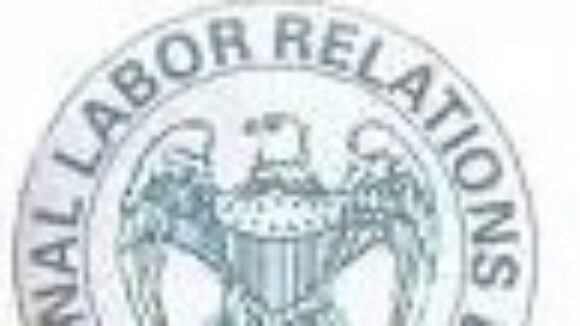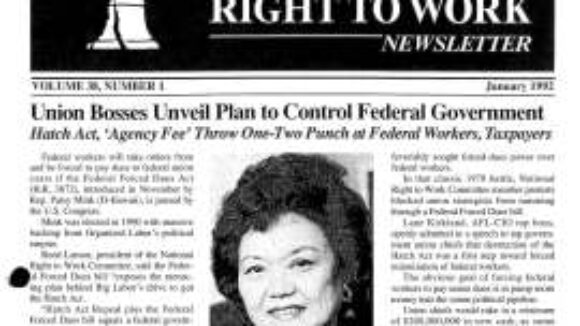Big Labor Contracting
The Wall Street Journal weighs in on the Obama big labor contracting kickback scheme to hand government contracts to unionized companies: There's almost a direct correlation these days between the Obama Administration's complaints about "special interests" and its own fealty to such interests. Consider its latest decree that federal contractors must be union shops. The federal rule, which went live yesterday, implements an executive order President Obama signed within weeks of taking office. It encourages federal agencies to require "project labor agreements" for all construction projects larger than $25 million. This means that only contractors that agree to union representation are eligible for work financed by the U.S. taxpayer. Only 15% of the nation's construction workers are unionized, so from now on the other 85% will have to forgo federal work for having exercised their right to not join a union. This is a raw display of political favoritism, and at the expense of an industry experiencing 27% unemployment. "This is nothing but a sop to the White House's big donors," says Brett McMahon, vice president at Miller & Long Concrete Construction, a nonunion contractor. "We've seen this so many times now, and how many times does it have the union label? Every time."

